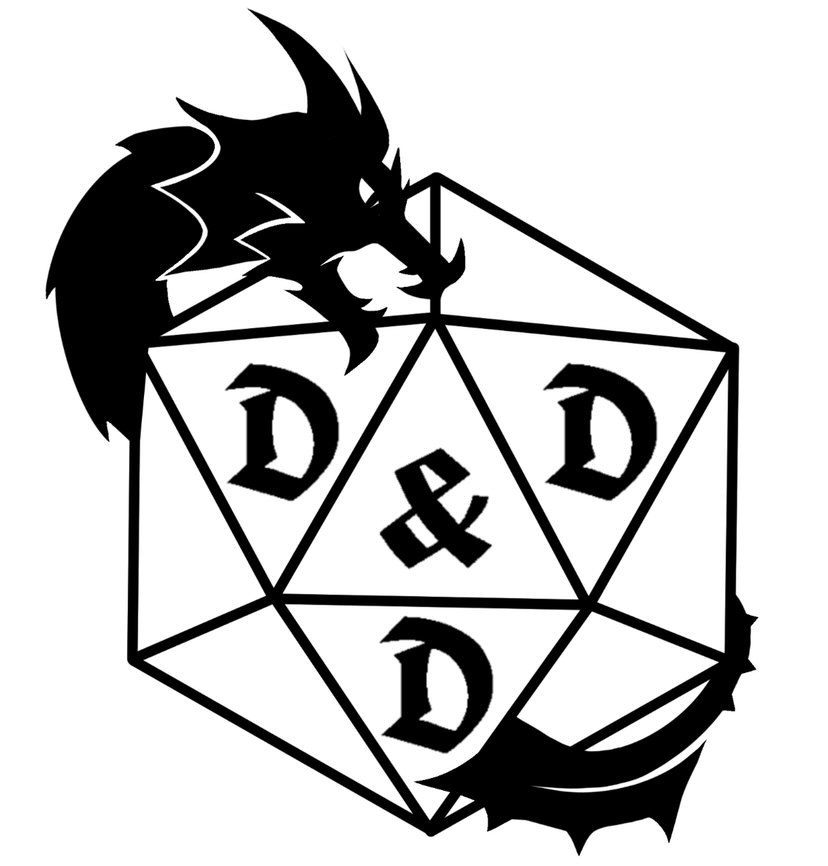Look, I love puzzles.
I think they’re great. Hand me a rubix cube, or one of those weird wire puzzles, and I’ll spend a solid half hour trying to figure it out.
Riddles are just as fun. The Riddles in the Dark chapter of The Hobbit was a highlight in my early reading career.
But, no matter how much DMs like me might love them, puzzles and riddles really don’t have much of a place in D&D sessions… depending on how you’re using them.
- Check these out:
There are a wide variety of creative and innovative puzzle rooms that you can throw your party into during a dungeon crawl, and they usually make for some memorable sessions. There are also a number of riddles that you can inscribe on locked doors a la the Gates of Moria for your party to ponder over for god the DM-only-knows how long.
But if you are keeping your party stuck in a room because none of the players can figure out the answer, or, worse, if that water rises too far or if the walls close in completely and wipe out the party because they couldn’t find the answer, well… that’s not exactly fun for anyone.
The main issue here is that puzzles and riddles in D&D, more often that not, are tests of the player’s own intelligence or wisdom, and not their character’s.
And let’s be honest; most of us are sitting at a 9 or 10 in those departments — maaaaaybe an 11 on a good day.
So when you’ve got a level 0 human playing a level 10 Wizard with a 20 in intelligence, you’d better believe that their character would be a helluva lot better at logicking out puzzles than the nerd piloting them.
The main issue is that a lot of DMs won’t allow players to roll Insight, or History, or a raw Wisdom check to try to figure out the room, because that feels “too easy.”
But that’s the thing, though; it should be somewhat easy for one of the smartest humanoids in the realm to figure out some riddle — especially if it’s apparently possible for an average human to figure out (AKA you irl).
It’s not as though DMs are asking the player with the fighter to arm wrestle them whenever their character wants to try move a boulder, so why shouldn’t the wizards of the world get to flex when it comes to intellectual encounters?
I think that a nice compromise on all this is to present puzzle rooms and riddles to players in game — because they are super fun to include — and give them a minute or two to try to figure out the answer amongst themselves.
If they’re still stumped, don’t press the issue — just allow them to roll to see if their characters can figure it out instead, and then if they do, you could even come up with a relevant way that they would know whatever it is they needed to know.
Maybe the wizard spent some time in the library at Candlekeep, and suddenly remembers reading a journal entry of an adventuring party who came up against a similar trap. Maybe the Druid had been told a similar riddle back in their youth, and only now remembered that moment.
Instead of seeing unanswerable puzzles as an anticlimactic defeat of the party (in which a cruel DM may reveal the answer by taunting and teasing about how eaaaasy it was) they should instead use it as an opportunity to expand a character’s backstory, or even as a way for the characters to work together to bypass the unanswerable riddle entirely.
But that’s just my two coppers.
- Check these out:

